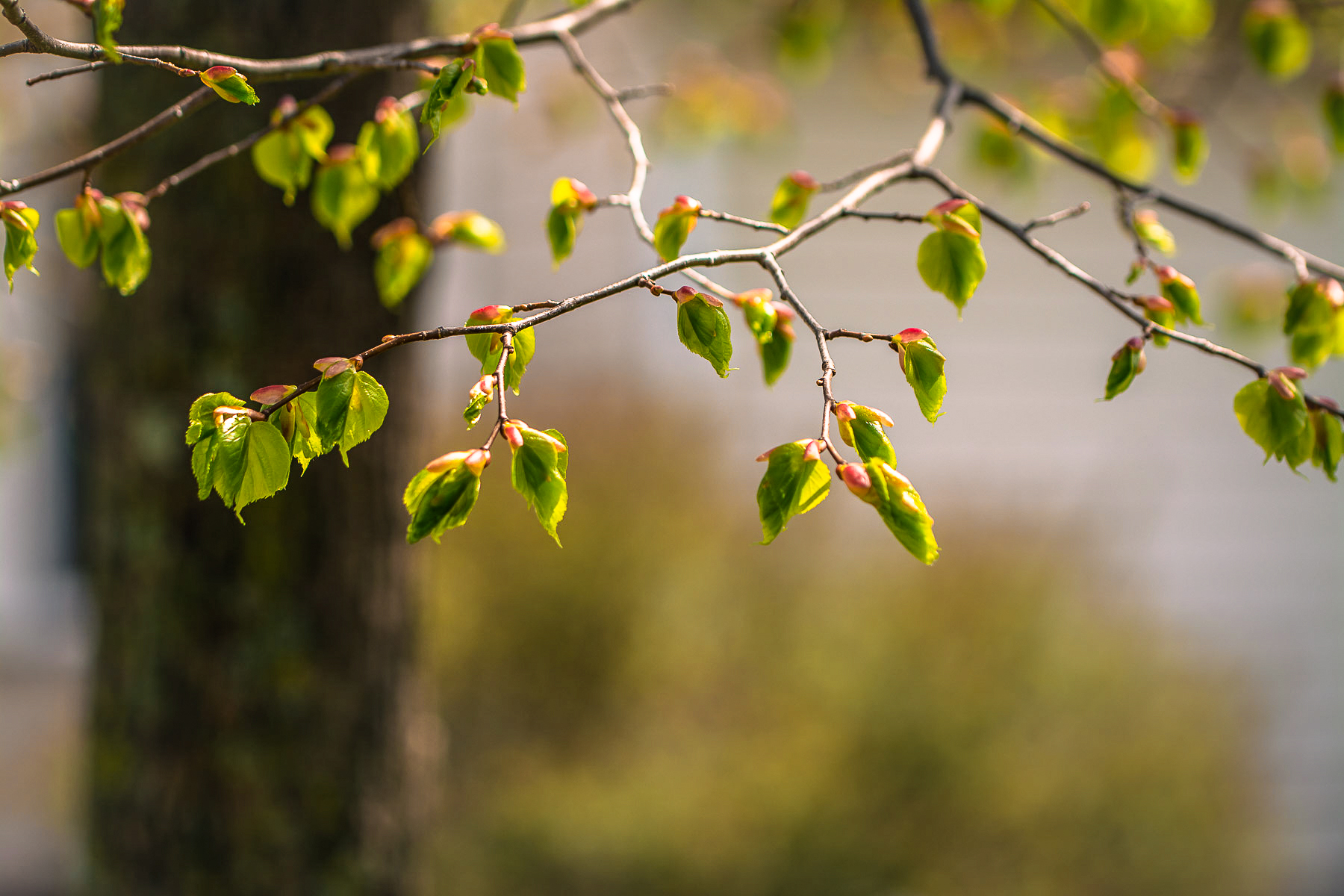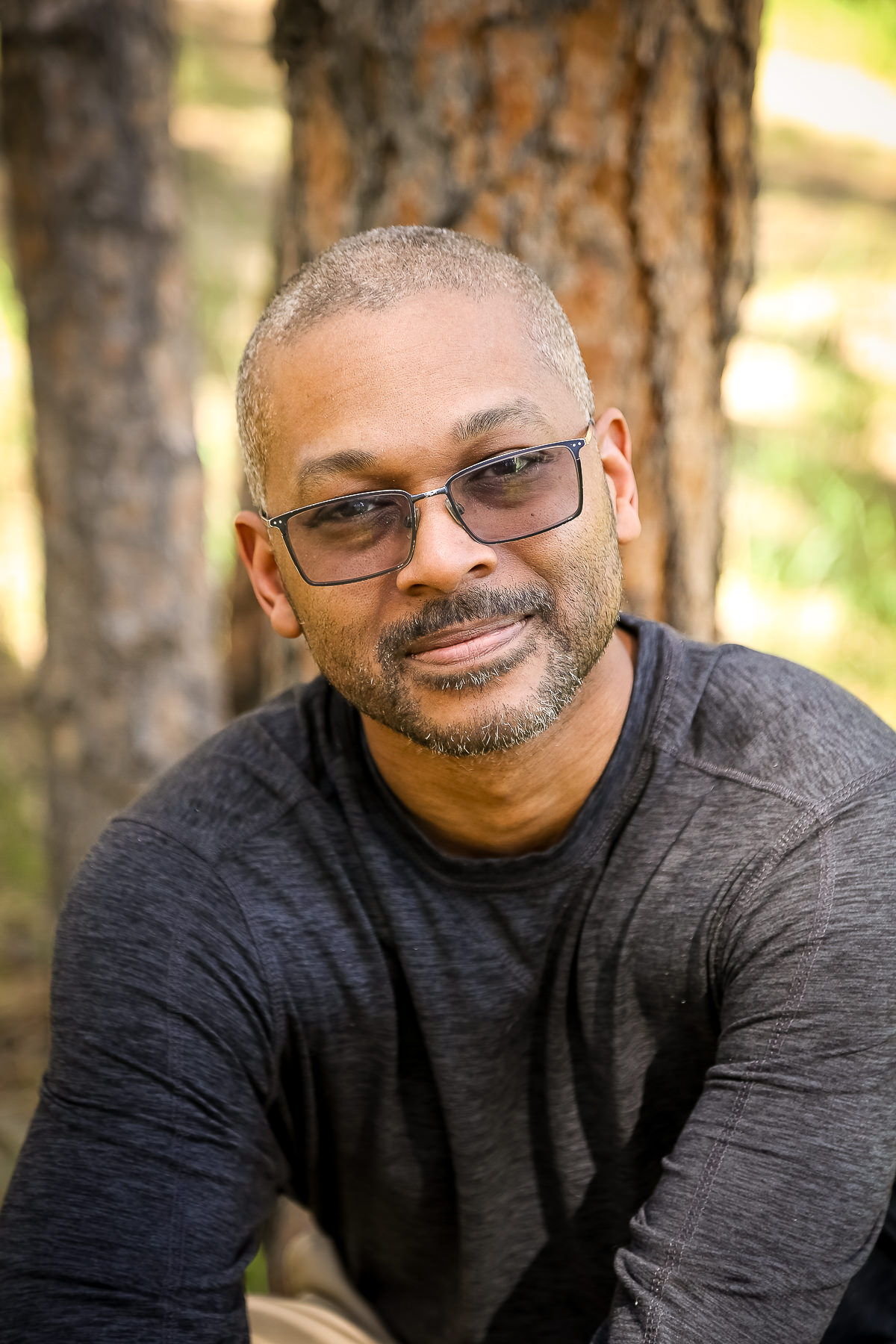The human imagination gazes upon infinite possibilities. In this gaze, it may, if directed upwards, be filled with the vision of God, and so be receptive. Or it may look upon the world and recognize in it the created potential for making, and so actively mold the world. In The Cultivating Imagination, we will explore this nexus. On the one hand, these reflections aim to facilitate our openness to the sweet influence of divine grace raining down upon us. On the other, they are directed at the ways we work the land (of our world, societies, families, and hearts) to create desire paths that allow grace to more effectively water the land. In these two ways, the imagination fulfills the twin duties of love to God and neighbor.
![]()
My least favorite word in English is “just.” While it can be deployed in the service of great beauty, so often it is the sign of a reduction. This word has been wielded as a weapon to diminish the world, denuding it of divinity, spirituality, enchantment, and, ultimately, meaning.
By way of example: Say I am walking with a friend, and I am suddenly halted by great beauty— sweeping toward the heavens in a fit of botanical joy is a manifestation of the lordly glory of divine majesty. As I stand in rapture before this magnificent explosion of greening life, the person next to me, perplexed by my ecstasy, might say in puzzlement: “But it’s just a tree.” The idea seems to be that I have seen trees before, so why am I staring at this one like it’s some sort of new thing. But this is nonsense on multiple levels: First of all, I have never seen this tree before, and there is about every individual thing a mystery and unrepeatability that gives it an inexhaustible value and makes it worthy of our most rapt attention. Secondly, the whole premise is wrong. Nothing is only what it is: everything is also a place where something of the glory of God is revealed.
This “just” is the externalization of a soul that has either become too small or that has become trapped in spaces too small for it to stretch its legs. This happens when it contents its gaze with looking on too few things, or on just the surface appearance of things. Souls that do not look expansively to marvel at the largeness of the world nor dig deep to marvel at the minuteness of the world find that their powers begin to atrophy. And wonder, as it shrivels up, turns into an obsession with usefulness. The calculus of usefulness is brutal; if it does not serve some purpose, it is rejected. But human souls cannot thrive, perhaps cannot even live, on a diet of banality: we were made for wonders.
The water that irrigates the dried soul is grace. And perhaps the first characteristic of grace is extravagance.
Grace is the divine abundance showered on us with prodigal abandon. Grace is the excess that overwhelms us with the depth of the love and beneficence that underlies it. Grace is the very power of goodness, which is poured out beyond all measure lest any space be found for evil to stand at the consummation of all things. God’s grace is never only sufficient for our needs, is never merely enough: it always super-abounds, overflows, and runs down Aaron’s beard (Psalm 133:1).
Grace is so abounding because God is Himself the God of more. There is an old medieval expression: Deus semper maius, “God the ever-more.” Whatever you have conceived of God, He is more; whatever you have understood or experienced of God, He is more; whatever you have hoped of God, He will give more. He does this without becoming more because He is the fountain of all existence, and so is intensively more, and the origin from which more flows into reality.
The grace that God gives is nothing other than Himself. We see this clearly in the Incarnation and crucifixion, where the eternal God gives His life for His people. We see it also in the sacrament of baptism, in which the Holy Spirit comes to dwell in us, and the sacrament of the Lord’s Supper, where the Son is given to us anew to nourish our faith. Grace is God’s highest gift, and He has no gift higher than Himself.
Grace flows freely from God to fill up every nook and cranny of reality. And yet reality is not graced in an undifferentiated fashion: there is more in one place, less in another. Specifically, there is more in one person, and less in another. But this is not because God withholds grace from some; rather, it is because something in the receiver impedes the full flow of grace into his life.
So if we want to live rich lives full of grace-fueled wonder, we must work to remove the impediments in our souls. This is why I began with talking about the conditions that shrink the soul, turning it in upon itself and filling it up with the present things of this life rather than the things that are enduringly meaningful: because it takes a big soul to receive a lot of grace. And that is where the imagination comes in.
Awareness can breed discontent. Often, we are satisfied with what we have—until we discover that there is something better. Then what we have begins to look paltry in our eyes, and we poison our joy by focusing on our lack instead of our bounty. Discontent of this sort is a form of ingratitude.
But there is also a holy discontent, necessary for the people of God in this world. Our hearts need to be detached from the things that set themselves up as idols so that they may be free to long for Heaven. It is not that we must cease to love temporal things, but we must cease to love them as absolute, as if our hope and joy rested in them. Awareness that there is more than this world has to offer will breed the holy discontent that will sharpen our focus and strengthen our resolve to shine in a dark age.
The imagination provides that awareness, because it is uniquely capable of going beyond what is to what may be. It is why stories set us longing so: they make us aware of possibilities we did not know existed, or that we have forgotten. Beauty once glimpsed is hard to let go of, and we all dream of finding something more valuable than our life as we know it, something for which we would sell all we have. And when we have once seen that type of glory, it becomes easier to believe that it might be found again. We become less resigned to accepting only what we experience in the routine of our lives, more ready to believe that it is not the world that is small but only our conception of it. In this way, the exercise of the imagination prepares the heart to receive grace by working its soil and making it fertile.
But why should we have an imagination at all? Why should we be dreamers? What is it that makes us look beyond what lies in front of us, that makes us turn our gaze to the heavens, or set our hopes on eternity?
It is the eternity in our hearts that yearns for a like eternity outside of us. Or, rather, it is the fundamental orientation of our hearts to eternity that drives this. When the Teacher tells us that God has set eternity in our hearts (Ecclesiastes 3:11), he does not mean that there is an eternity in our hearts, he means that there is a desire for eternity in our hearts. This is grace—and reveals another side of grace. For this eternity drives us forward like a whip, rousing disappointment in every non-eternity that we stop and try to give our hearts to. It makes the world seem a pale and paltry thing, for just as we think we have found something really worthwhile, something that can ground deeper meaning, the eternity-grace in our hearts strikes it down, revealing that it will not fulfill us. For grace is not just the hand offered to the one who has fallen down, or the warm arms embracing the one who is heartbroken: it is also the goad that pricks those who have become slow, lazy, or weary in pursuing the good.
The imagination is given to us to be a tool wielded by this restless longing for eternity. It is the bread given to the prophet so that the journey would not be too much for him (1 Kings 19:7), and in the strength of that food we may travel forty days to the mountain of God; that is, we may complete the pilgrimage of this life and arrive at the feet of our Savior. And so the imagination too is a grace given us from His fullness, and in its use we find grace on grace (John 1:16).
![]()
The featured image is courtesy of Julie Jablonski and is used with her kind permission for Cultivating.
Junius Johnson is a scholar in the fields of historical and philosophical theology and has published four books in those areas. He is also a lover of story, passionate about beauty and the imagination, a seeker of wonder, a musician, and a deeply flawed sinner daily leaning on the grace of God in Christ. A lover of the Middle Ages, he especially loves to be transported to other worlds via fantasy, science fiction, and young adult literature. He teaches online enrichment courses for both children and adults in literature, theology, and Latin through Junius Johnson Academics.
Leave a Reply
A Field Guide to Cultivating ~ Essentials to Cultivating a Whole Life, Rooted in Christ, and Flourishing in Fellowship
Enjoy our gift to you as our Welcome to Cultivating! Discover the purpose of The Cultivating Project, and how you might find a "What, you too?" experience here with this fellowship of makers!


Add a comment
0 Comments